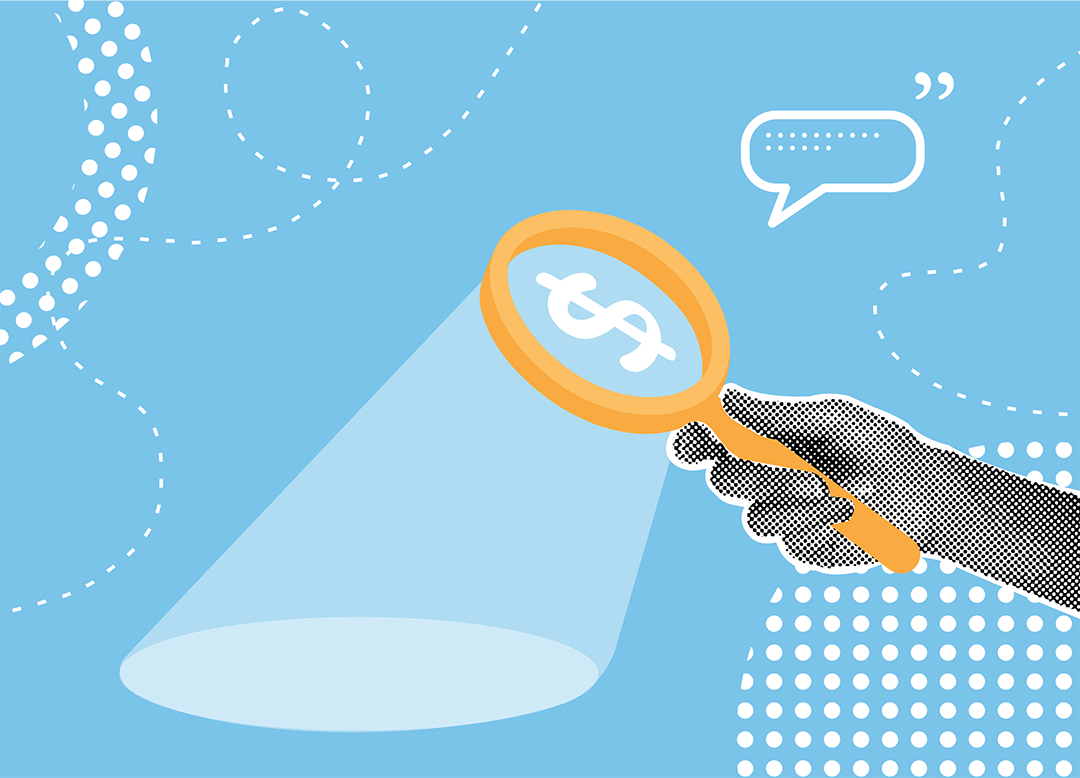A Basic Explanation
Once you buy a health insurance plan, you’ll have to pay a health insurance bill every month. This is your monthly premium. You pay your premium directly to the health insurance company. (Note: With some plans, you’ll pay your premium every three months or just once a year.)
Your premium isn’t related to how much medical care you use. It’s the fee you pay for having the plan. You have to pay your premiums on time for the entire year to keep your coverage active.
Expert Advice About Premiums
When you’re comparing health insurance plans, the premium is probably what you’ll notice first. It’s kind of like the sticker price — it’s hard to miss.
You might be tempted to choose a plan based on premium alone, since that’s the most visible price tag when you’re shopping.
Here are three important things to keep in mind when you’re comparing premiums:
1. The premium probably won’t be your only healthcare cost.
Try to resist the temptation to compare health plans based only on the monthly premium.
You’ll have other costs too, such as deductibles, copays, or coinsurance. These costs vary depending on how your plan is set up and how often you go to the doctor or fill prescriptions.
To truly compare plans, you’ll need to estimate how much healthcare you’ll use during the year, and add these costs to your premium.
2. Higher premiums might be a better deal.
When you look under the hood at some of the plans you’re comparing, you may notice something interesting. Though the plans that have lower premiums are more attractive up front (who wouldn’t want to spend less every month?), they usually have a higher deductible, higher customer coinsurance, and higher copays for prescriptions. So while you might save on the monthly premium, when you add in your out-of-pocket costs, you may end up paying more.
By contrast, when you dig in to some of the plans with higher premiums you may find that they can actually save you money in the long run. Higher-premium plans often have lower deductibles, lower coinsurance, and lower copays. Higher-premium plans might also have more in-network doctors and hospitals.
Our advice? If you think you’ll be using a lot of healthcare over the course of the year — say you’re planning to have a baby, or you have a chronic condition like diabetes or asthma — don’t let higher premiums scare you off. These plans could be a better choice, when you add everything all together.
(If you’re having trouble with the math, use the GetInsured Expense Estimate or call a GetInsured broker. They’ll be happy to help you compare your options.)
3. It’s possible to get help paying your monthly premium.
If you’re one of the 26 million Americans who qualify for health insurance tax credits, the federal government will help you pay your premium. For those who qualify, the tax credit makes monthly premiums a lot easier to handle. You might also be eligible for Medicaid or CHIP for your kids, another way to get insurance that’s affordable, or even free.
So be sure to check your eligibility for tax credits before you shop for insurance — you may be pleasantly surprised at how much your premium will go down. (Many of GetInsured’s customers have been able to pay their whole premium with tax credits — which feels like getting health insurance for free.)
What else you need to know
If you’re one of those lucky people who never gets sick, you may be asking yourself what you’re really going to get for that premium:
- Well, for one thing, you’ll get peace of mind. In the event you unexpectedly become ill or injured, your health insurance will be there to help you. Plus you’re entitled to a whole bunch of benefits just from having coverage, which you don’t have to pay for: preventive care services like checkups for kids and women, flu shots, and more. Make sure you know about all the essential benefits so you can take advantage of all the perks of being insured.
- You may pay a penalty if you don’t pay a premium. If you’re put off by the thought of a monthly premium, you might be tempted to skip buying coverage altogether. You should know, though, that there’s a mandate to buy health insurance, and unless you’re exempt, you’ll have to pay a penalty. So before you rule out buying a plan, make sure you know what you’ll be paying if you skip it.
- One last word about premiums: Pay them on time. Late payment can lead to your coverage being canceled. If that happens you may not be able to get reinstated or sign up for a new plan right away.






